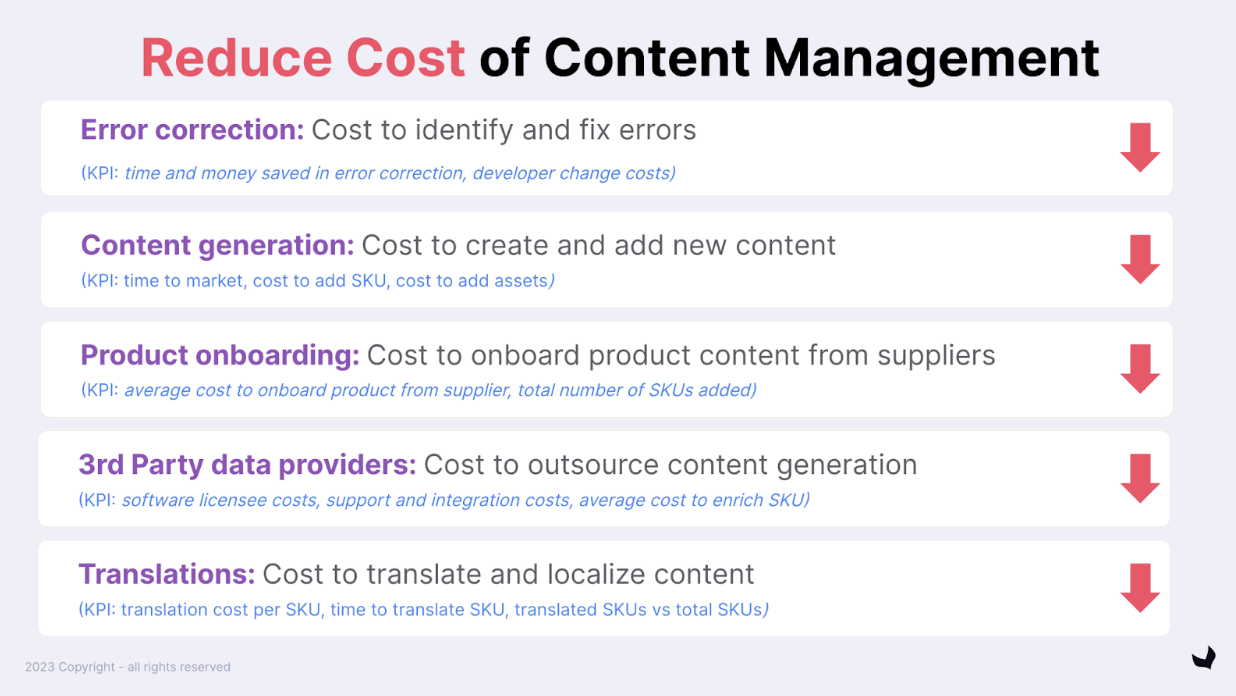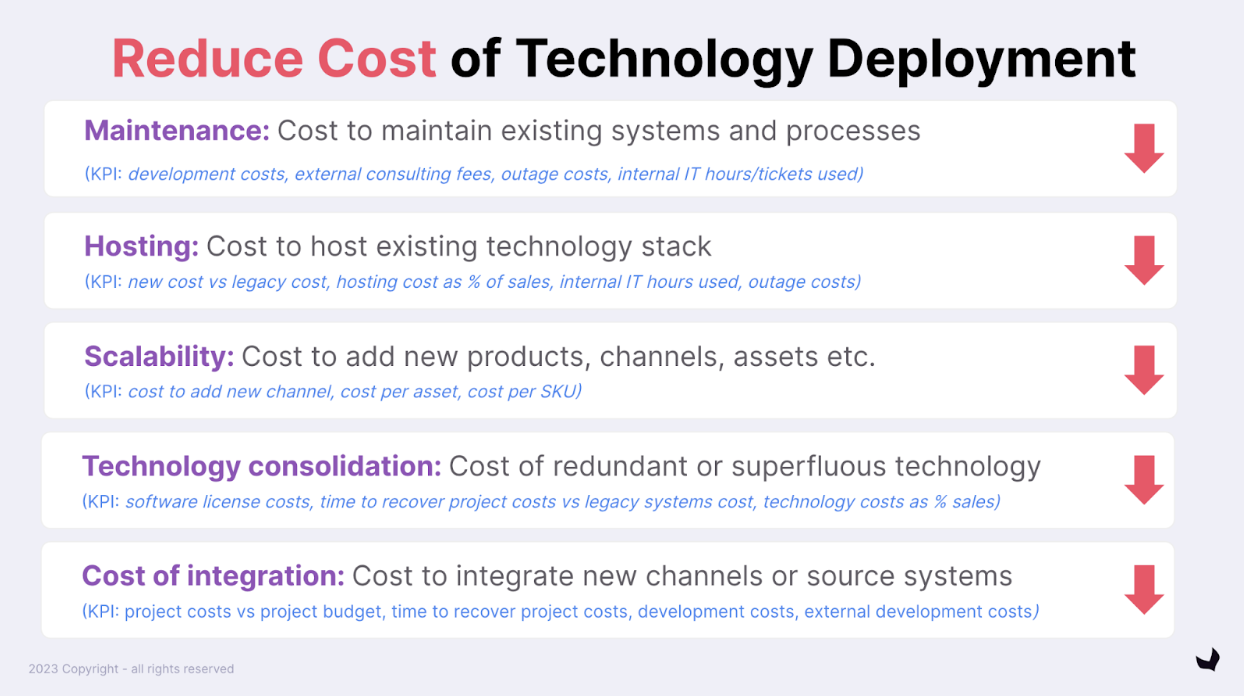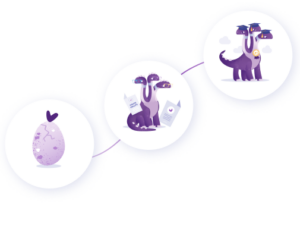Discover the challenges of delivering consistent product experiences across diverse touchpoints and reveal how a well-crafted PX Strategy not only minimizes costs but also enhances agility, sustainability, and competitiveness. Explore the benefits of unified processes, smarter technology deployment, and improved employee satisfaction, and embark on a journey toward cost-efficiency and enhanced customer engagement.

Table of Contents
Keywords
Further compounding these challenges is the constant shift in consumer demand for things like personalization, sustainability information, and shopping experiences on the latest digital channels.
The most effective way to address the complexity of delivering product experiences is by developing a comprehensive Product Experience (PX) Strategy that considers the entire scope of the problem.
Unfortunately, many organizations don’t have a strategy and find themselves working in silos to manage each component of the product experience process independently. This decoupled approach leads to a lot of expensive “duct-tape” solutions that can include developing cumbersome homegrown solutions, relying on external resources for content generation, maintaining multiple sources of truth, or dedicating entire teams of employees to mind numbing revision and validation work. This disjointed solutioning adds a significant amount of cost to an organization that can sometimes be difficult to identify and even harder to eliminate.
Identifying and reducing costs is a critical part of any Product Experience Strategy. Below we’ve broken down the different costs that a Product Experience Strategy can help reduce and the key performance indicators (KPIs) you can use to track them.
Each business and industry is unique, so what works for one organization might not be relevant for another. Identify the costs that apply to your business and incorporate them into your own strategy, before considering how a PX Strategy can help drive profitable sales.
Content creation and maintenance costs: Reduce the cost in time and resources of developing, onboarding, and enriching news products through use of technologies like PLM, PIM, DAM, and AI. A centralized single source of truth with clear workflows and automation capabilities eliminates repetitive low value tasks and duplicative efforts and error fixing. AI and Supplier onboarding solutions are also important tools for reducing product costs.

Reduce technology deployment costs: Many organizations manage product experiences by developing homegrown systems, repurposing other software solutions to manage product data (e.g. ERP, MDM, eCommerce), or run duplicate solutions across brands or regions within the same company.
Investments in technology solutions for PIM, PLM, Syndication, DAM, AI, and Analytics allow you to create a single source of truth where you can build, manage, deliver, distribute, and track the performance of your product catalog in an efficient and scalable way. This means it’s cheaper to scale your catalog, onboard new users, add new channels, manage infrastructure costs, and integrate with other systems. Best-of-breed solutions follow MACH infrastructure principals (Microservices, API-first,Cloud-native, Headless) which provides the flexibility to be at the cutting edge of innovation.

Customer Support: Enhancing product experiences means providing accurate and detailed product information that aligns with customer expectations and reduces product returns. It also reduces inquiries about product specifications and functionality. These two factors combined can lead to significant decrease in customer support calls and costs.
Supply Chain Forecasting: A Product Experience Strategy helps facilitate accurate supply chain predictions by centralizing and standardizing important product data that can be incorporated into planning and forecasting. Accurate forecasting can reduce a number of costs including spoilage, overstock or understock situations, carrying costs, and even labor costs.
Employee Experience and Productivity: A Product Experience Strategy typically means redeploying employees from low value to high value tasks and an improvement in employee satisfaction and retention. A 2022 Total Economic Impact (TEI) report done by Forrester on Akeneo PIM even found an employee retention benefit of $53.7k over 3 years.
In conclusion, a robust PX Strategy is crucial for driving cost efficiencies in today’s dynamic market. By unifying processes, systems, and teams, this approach addresses costs related to content creation, technology deployment, customer support, supply chain forecasting, and even employee experience. Beyond cost reduction, it ensures agile operations, sustainable growth, and competitive advantage amid evolving consumer demands.
Discover where you are on the path to Product Experience excellence and learn how our customer platform can help you succeed in your omnichannel strategy.
